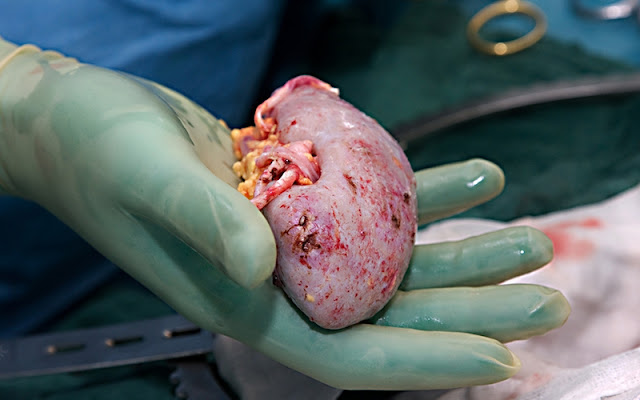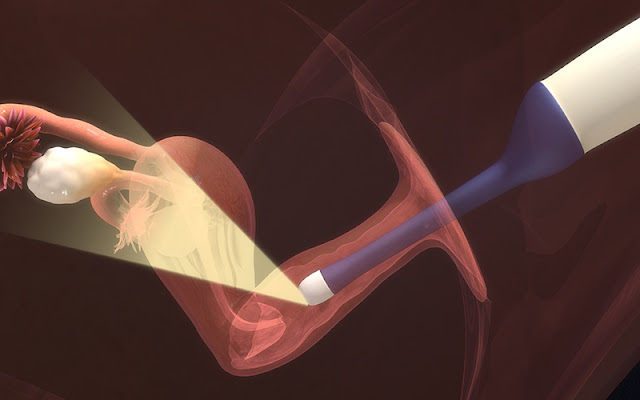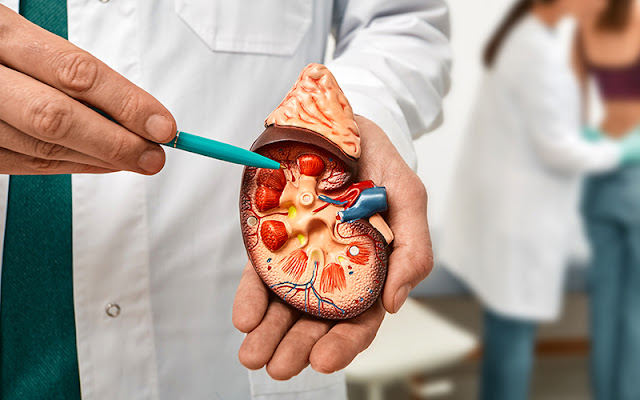Important Facts To Know About Kidney Transplant Surgery
Kidney transplantation is a surgical procedure to replace a damaged or diseased kidney with a healthy one from a donor. Here are some important facts to know about kidney transplant surgery:
1.Purpose: The primary purpose of kidney transplantation is to treat end-stage kidney disease (ESRD) which occurs when the kidneys stop functioning properly.
2.Types of transplantation: There are two types of kidney transplantation - living donor transplantation and deceased donor transplantation. In a living donor transplantation, a healthy individual donates one of their kidneys to the recipient. In a deceased donor transplantation, the kidney is taken from a recently deceased individual.
3.Eligibility: To be eligible for a kidney transplant, a person must have ESRD and be healthy enough to undergo the surgery.
4.Donor compatibility: The donated kidney must be compatible with the recipient's blood and tissue type to reduce the risk of rejection.
5.Surgery: The transplant surgery typically takes 2-4 hours and is performed under general anesthesia. The healthy kidney is placed in the recipient's body, usually in the lower abdomen, and the blood vessels and ureter are attached to the recipient's bladder.
6.Post-operative care: After the surgery, the recipient will need to stay in the hospital for several days to recover and undergo close monitoring to ensure that the transplanted kidney is functioning properly.
7.Medications: The recipient will need to take immunosuppression medications for the rest of their life to prevent the body from rejecting the transplanted kidney.
8.Success rates: The success of kidney transplantation varies, but with proper care, many people are able to lead normal lives with a functioning transplanted kidney for many years.
9.Risks and complications: As with any major surgery, there are risks and potential complications associated with kidney transplantation, including infection, bleeding, rejection of the transplanted kidney, and clots in the blood vessels.
It's important to carefully consider the benefits and risks of kidney transplantation and discuss them with a healthcare professional before making a decision.




Comments
Post a Comment